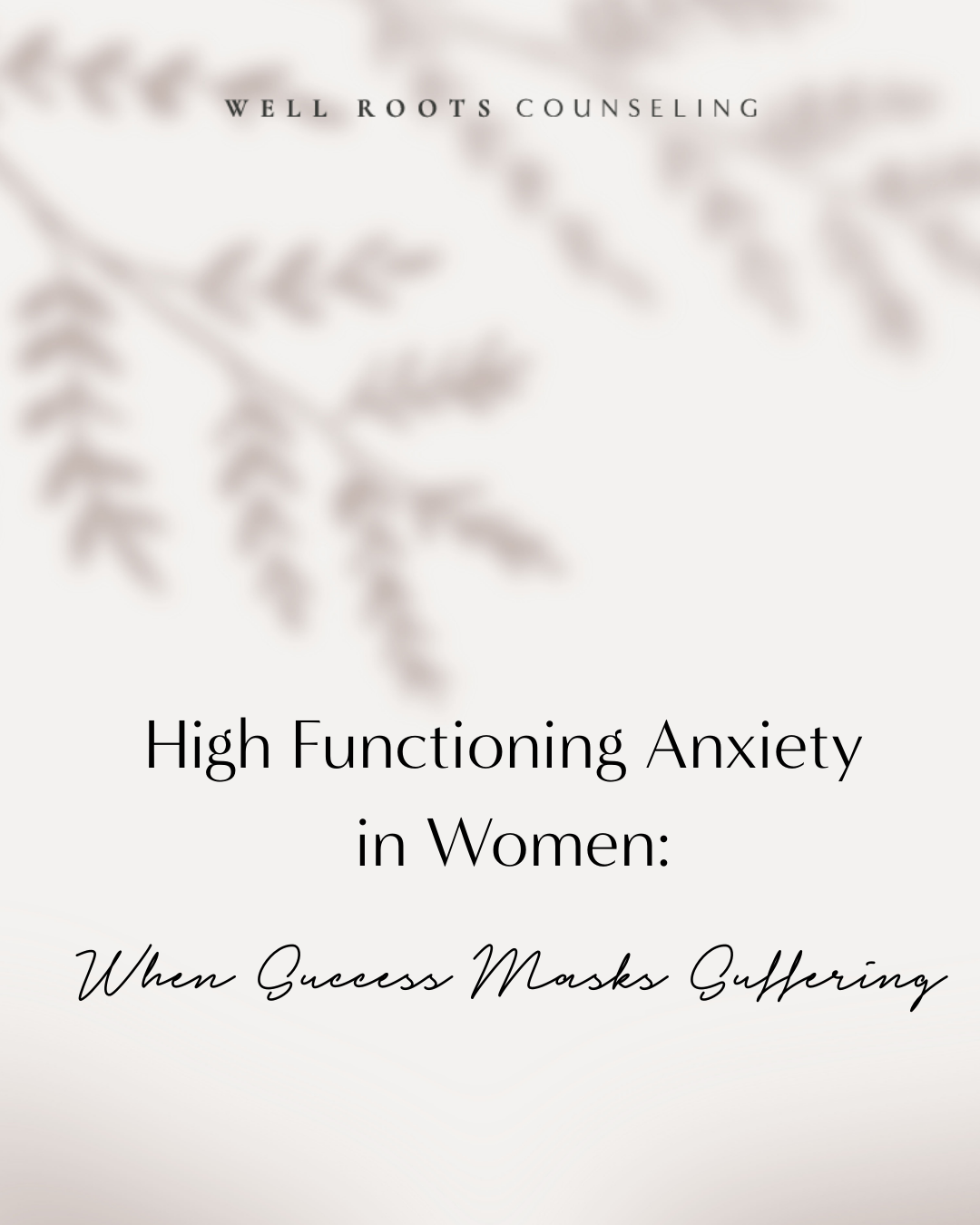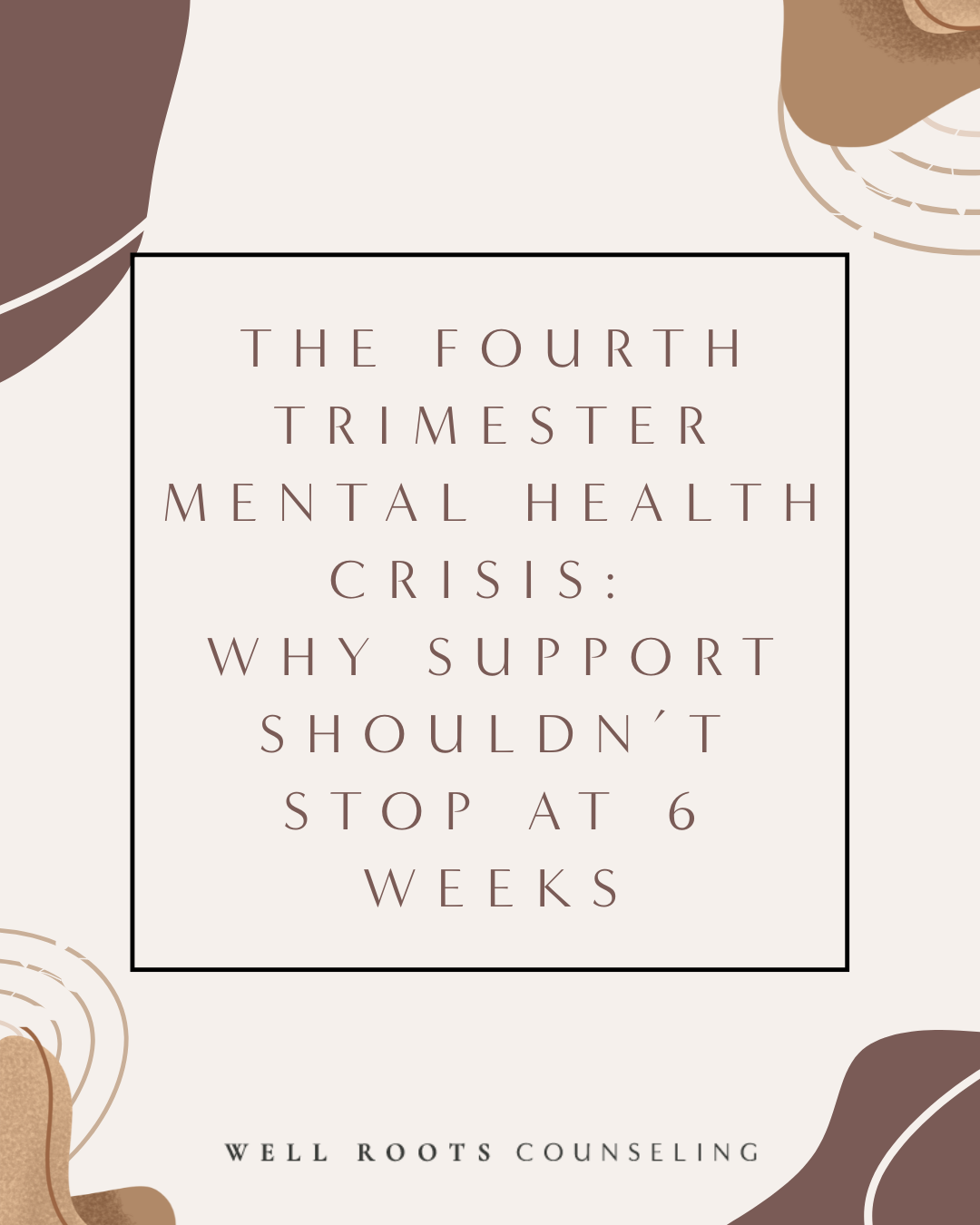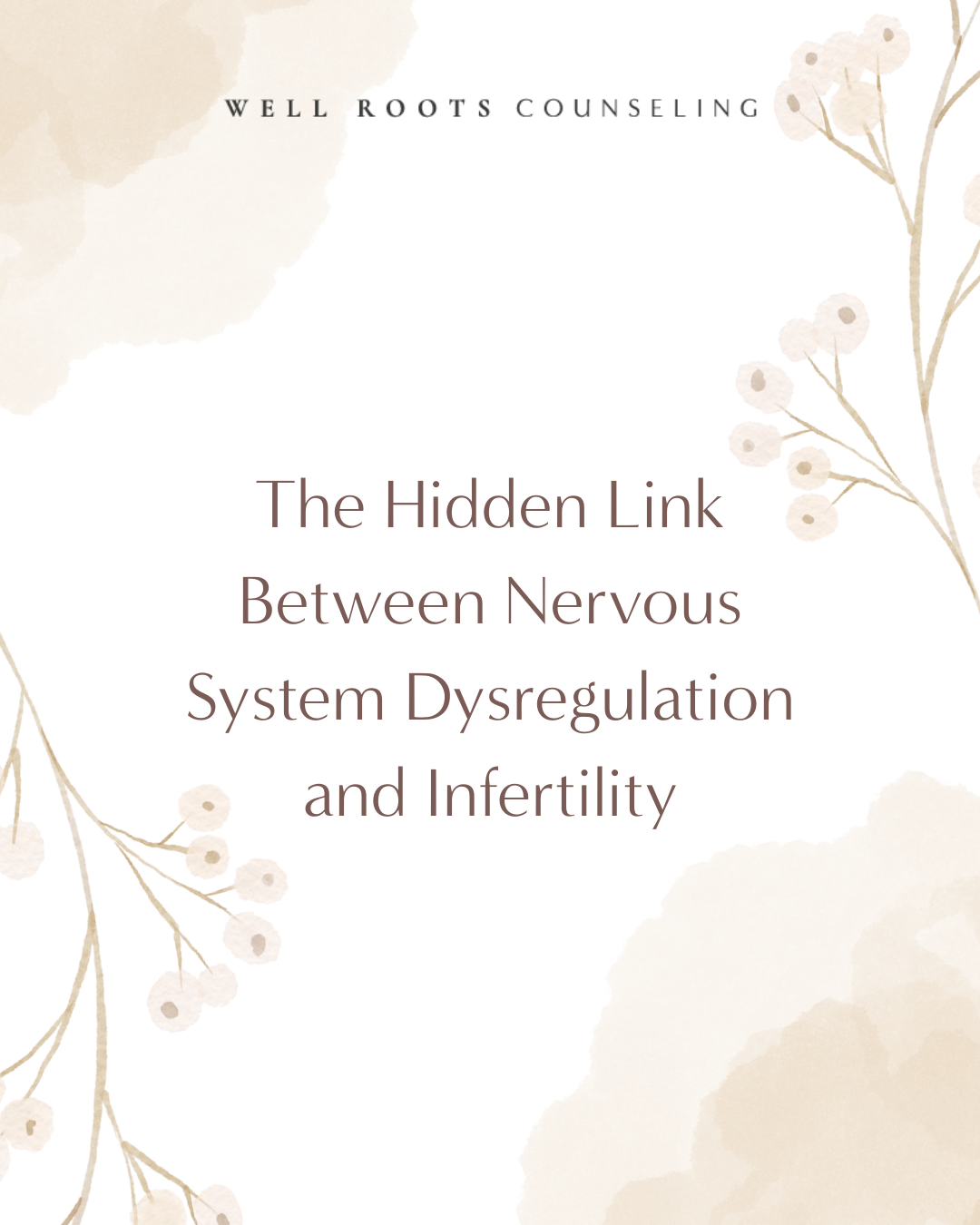
Hi, I’m Gabrielle
Gabrielle is a Student Intern and provides online therapy in CO, MA, NC, SC, and VT. Specializing in Perinatal Mental Health, Parenting, and Infertility, Gabrielle is trained by Postpartum Support International and brings a deep-rooted passion for understanding the emotional intricacies of fertility, pregnancy, the postpartum experience, and parenthood.
The Journey That Shaped My Calling
Before becoming a mom, I knew I wanted to help people, but I never realized how deeply motherhood itself would shape that purpose. My pregnancy with my first daughter, Piper, was beautiful. I loved every part of it, until after she was born. Postpartum was hard. It hit me like a wave that I never saw coming. What should have been a joyful, bonding time turned into fear, confusion, and isolation.
Living in rural West Virginia, I quickly learned how limited mental health resources were, especially for women battling infertility and mothers of all seasons of life. Even with my background in mental health, I felt like I was barely staying afloat. I remember thinking, If I’m struggling this much, how do other women do this without support? That question stayed with me and eventually became the reason I do what I do.

From Service to Healing: My Journey from the Military to Mental Health
Before stepping into motherhood, I served in the U.S. Army as a Geospatial Intelligence Imagery Analyst. My time in the military taught me discipline, resilience, and how to lead with both strength and empathy. But it also gave me a deep understanding of the invisible battles so many service members face long after they return home.
Transitioning out of the military wasn’t easy. I faced loss, identity shifts, and my own struggles with PTSD. That experience now allows me to connect with veterans and their families in an authentic way, creating space for healing that honors both their service and their humanity.
No One Should Walk This Journey Alone
After Piper, I was terrified to try again. Infertility made the process even harder, emotionally and physically. When I found out I was pregnant with my second daughter, Emma, I felt every emotion possible: excitement, guilt, fear, and anxiety. Everyone always said the second time would be easier, but it wasn’t. It was harder.
I faced postpartum depression and anxiety again and felt lost trying to find help. I often felt like I had fallen through the cracks. It took time, and a lot of grace, to start feeling like myself again. But when I did, I knew something needed to change. I wanted to be part of that change. That’s when my passion for perinatal mental health really began, not as a career move, but as a mission and a purpose. I realized I couldn’t stop women from experiencing postpartum depression, anxiety, or infertility, but I could make sure that they didn’t have to walk through those seasons alone. That understanding became the driving force behind my work and the way I show up for the women I serve.
Who Gabrielle Works Best With?
My experiences as both a veteran and a mother have completely reshaped how I see mental health care. They’ve deepened my compassion for anyone who feels unseen, unheard, or unsure where to turn. As a therapist, I take a person-centered approach, meeting each person exactly where they are, not where they think they “should” be. I believe healing begins with understanding, and I strive to create a space where clients feel safe, supported, and genuinely seen. My role isn’t to fix anyone, but to walk beside them as they rediscover their own strength and resilience.
To offer the most evidenced based, supportive care possible, I have completed advanced training in Perinatal Mental Health through Postpartum Support International. I am working toward becoming a PMH-C. These trainings have strengthened my ability to provide holistic care that supports both emotional healing and personal growth. My focus is on creating a safe, supportive space where emotions are validated, stories are honored, and no one has to navigate their challenges alone.
Every person’s journey is unique, and I aim to provide compassion, understanding, and guidance through all seasons of motherhood, military transition and reflection, and life change. There is space here for your story. Together, we will start where you are and find strength, healing, and hope along the way.
What Is It Like Working With Gabrielle?
This is Gabrielle’s Approach She Takes With Women Who Are Struggling With Postpartum Anxiety or Depression and the journey into motherhood
Compassionate
Gabrielle’s deep-rooted passion for understanding the intricacies of pregnancy, postpartum, and infertility showcases her compassionate nature. Her approach is not just clinical but also deeply empathetic, recognizing the challenges and emotions each individual might face. With Gabrielle, clients can expect a warm environment where their feelings and experiences are validated and understood.
Insightful
Gabrielle’s keen interest in debunking societal norms around motherhood highlight her insightful perspective. She delves deep into the systemic influences on one's worldview, ensuring a holistic understanding of her clients' experiences. Working with Gabrielle means benefiting from her profound insights into the complexities of parenthood, infertility and personal growth.
Supportive
At every stage, from fertility to pregnancy to postpartum and beyond, Gabrielle offers unwavering support to her clients. Her dedication to providing tools for individuals to feel safe and secure is evident in her work at Well Roots. Clients can trust in Gabrielle’s commitment to guiding them through life's challenges, ensuring they feel supported and empowered throughout their therapeutic journey.
Take Our Free Anxiety Quiz
This free quiz is designed to help you identify and understand the depth of your emotions, providing clarity even if you're not fully conscious of them.

How To Start Online Therapy
Your virtual comfort zone, just a click away... because self-care knows no boundaries.
Schedule Your Free Consultation
Taking the first step is vital. This consult lets you connect with a therapist, gauge their approach, and decide if it aligns with your needs. It's your chance to set the foundation for healing.
Commit To The Process
Healing requires dedication. By fully engaging in therapy, you invest in your well-being. Trust the journey, your therapist, and yourself.
Find Joy…and yourself
Beyond addressing pain, therapy helps you rediscover joy and self-awareness. Embrace moments of happiness and celebrate your growth, leading to a more authentic you.
Frequently Asked Questions About Postpartum Depression
-
Postpartum depression is a mood disorder that can affect parents after childbirth. It's characterized by feelings of sadness, emptiness, anxiety, and exhaustion that can make it challenging for the new parent to complete daily care activities for themselves or for their baby.
-
While many new parents experience mood swings, crying spells, anxiety, and difficulty sleeping, often referred to as the "baby blues," these symptoms typically subside within a week or two. Postpartum depression, on the other hand, is more intense and lasts longer, potentially interfering with a parent's ability to care for their baby and handle other daily tasks. It requires medical attention and often benefits from therapy or counseling.
-
Yes, while PPD is most commonly associated with birthing mothers, fathers or non-birthing parents can also experience symptoms of postpartum depression. The challenges of parenting, coupled with potential hormonal changes, lack of sleep, and lifestyle adjustments, can contribute to PPD in any new parent.
-
Treatment for PPD can vary based on the severity of the symptoms and individual needs. Common treatments include therapy or counseling, medication, and support groups. It's essential for anyone experiencing symptoms of PPD to seek medical advice and discuss potential treatment options with a healthcare professional.
Articles on Maternal Mental Health
Gabrielle Is Able To Work With Clients in Colorado, Massachusetts, North Carolina, South Carolina, and Vermont.
Accessible Online Therapy, built with you in mind.






















